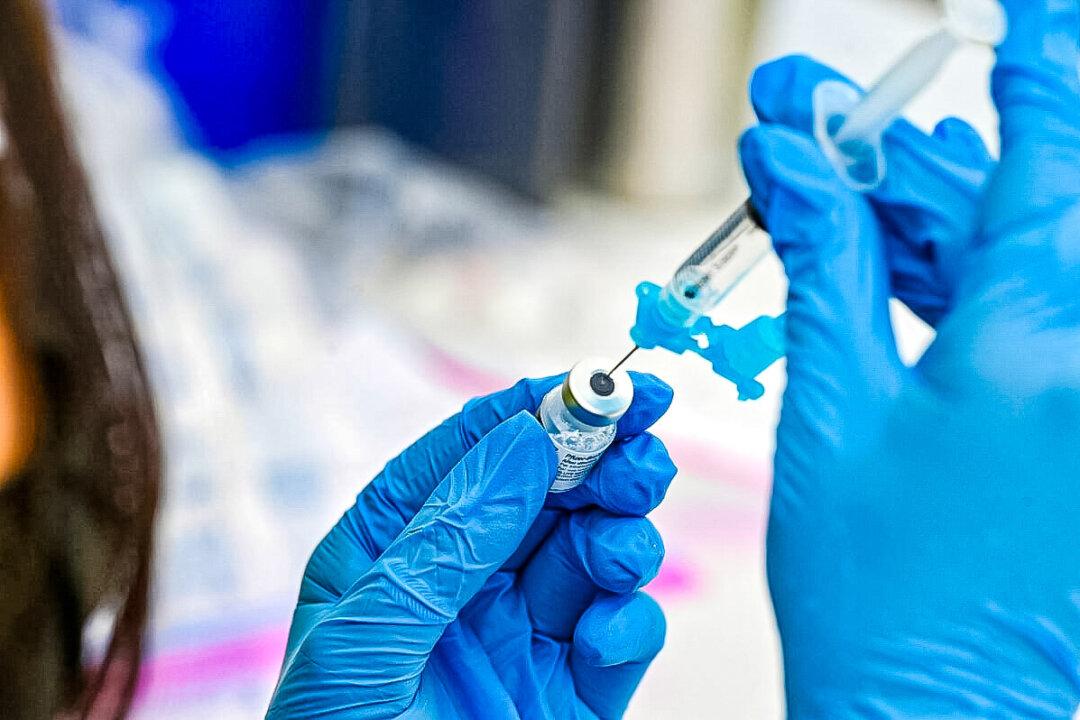U.S. drug regulators are withdrawing the approval of a drug aimed at reducing preterm births in pregnant women.
“The touchstone of FDA drug approval is a favorable benefit-risk assessment; without that favorable assessment, the drug should not have the status of being FDA-approved,” Dr. Robert Califf, the FDA’s commissioner, and FDA Chief Scientist Namandjé Bumpus wrote in their April 5 decision.
The 2011 approval was granted because regulators determined the drug was reasonably likely to provide a clinical benefit, but as part of the approval, the FDA required the manufacturer to conduct a postmarketing study.
That study didn’t show a clinical benefit, prompting the FDA’s Center for Drug Evaluation and Research in 2020 to propose the withdrawal of the approval.
After hearing from the FDA, the FDA’s Obstetrics, Reproductive, and Urologic Drugs Advisory Committee voted 14–1 in 2022 to recommend withdrawal.
Califf and Bumpus reviewed the information, including the transcript of the hearing, before choosing to accept the recommendation.
“After thoroughly reviewing the record for this matter, we have determined that there is an insufficient demonstration of effectiveness to balance any level of risk,” they wrote.
AMAG Pharmaceuticals, the drug’s manufacturer, says on its website that the company voluntarily withdrew Makena from the market, but that until the FDA withdraws the drug, it will still be available to patients and prescribers.
AMAG Pharmaceuticals is a subsidiary of the Covis Pharma Group. Covis didn’t respond to a request for comment.
Makena, or hydroxyprogesterone caproate injection, was approved for women who previously had a preterm birth, or delivery of a baby before 37 weeks gestation. The drug was promoted as cutting the risk of another preterm birth.
The required postmarketing trial failed to provide evidence backing that claim and didn’t show a clinical benefit to newborns, regulators said.
Makena had been the only drug of its kind available in the United States.
FDA officials said they recognize that preterm birth is a serious problem.
“It is tragic that the scientific research and medical communities have not yet found a treatment shown to be effective in preventing preterm birth and improving neonatal outcomes,” Califf and Bumpus wrote.
“In light of this unmet need, it is imperative that the medical and scientific communities redouble their efforts to find effective treatments, including further research on Makena.”





